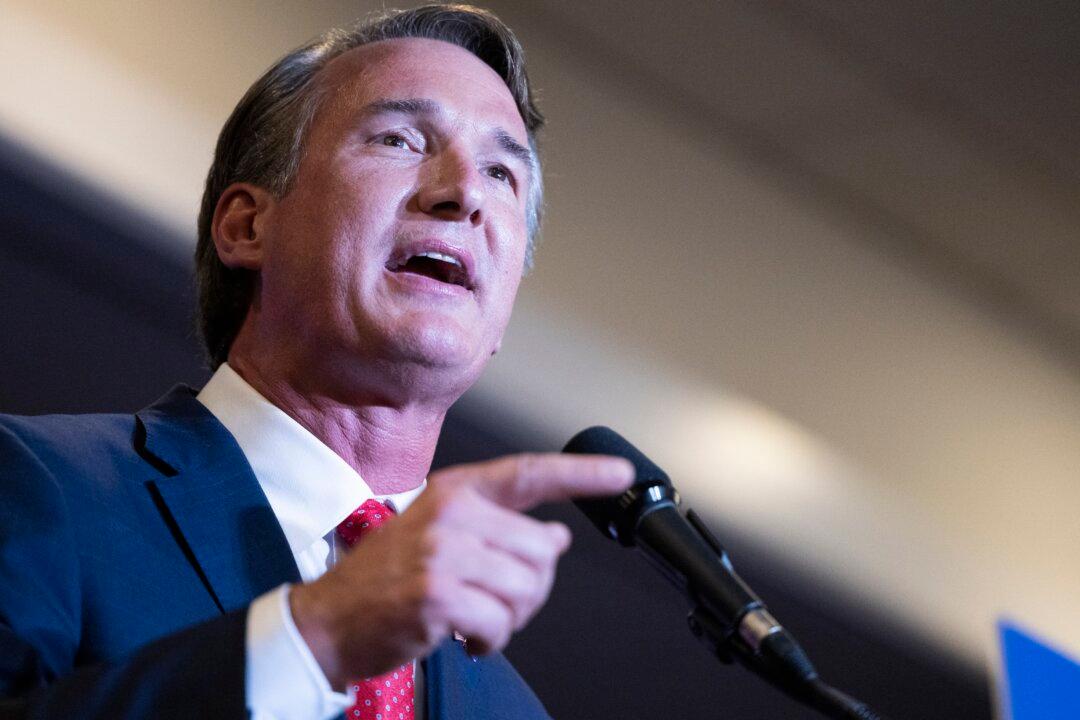Virginia’s new Republican governor is moving to withdraw his state from a regional carbon emissions-trading exchange to which 10 coastal and New England states currently belong, a move that promises to be a major setback for the left-wing environmentalist agenda.
On Jan. 15, the day he took office, Gov. Glenn Youngkin signed Executive Order 9, which directs state officials “to re-evaluate Virginia’s participation in the Regional Greenhouse Gas Initiative and immediately begin regulatory processes to end it.”





